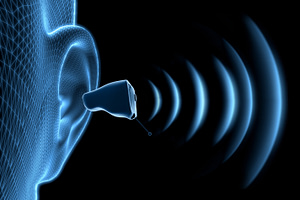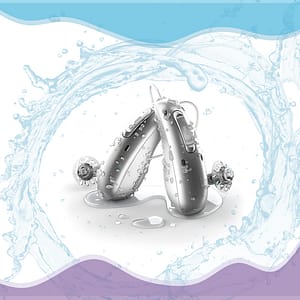It’s not always easy to tell if you’re suffering from hearing loss. Signs can be subtle and often go unnoticed for months (even years). So, what should you look out for?
Common Signs:
- Difficulty hearing people clearly and misunderstanding what they say (particularly in noisy places)
- You continually have to ask people to repeat themselves
- Having to listen to music or watch the TV with the volume on full
- Needing to concentrate hard in order to understand people
What are the causes?
These are all early warning signs. However, the symptoms can be far more drastic. Hearing loss can be caused in the following ways:
- Earwax build-up, an ear infection or a burst eardrum are classic reasons for a sudden hearing loss in 1 ear.
- Extremely loud noises and even certain medications can result in an abrupt hearing loss in both ears.
- More gradual hearing loss in 1 ear may be as a result of a foreign object or underlying condition. For instance, fluid build up (also known as ‘glue ear’), bony growths (otosclerosis) and an excess of skin cells (cholesteatoma) can all have serious negative effects.
- Continuous loss of hearing in both ears can often be a result of the aging process and exposure to loud noises over time.
Fortunately, Hear4U is here to help! Our expert audiologists are on hand to deal with whatever hearing difficulties you may have. Do check out our ‘Do I Need a Hearing Test?‘ blog for a detailed explanation of the varying tests and what we can do to assist you.



